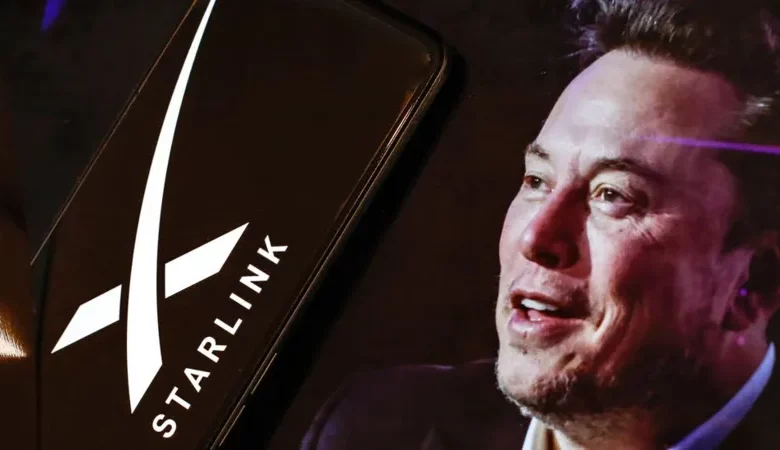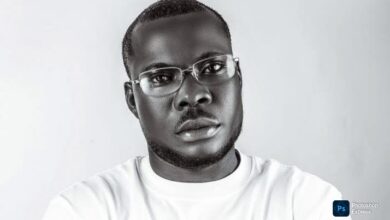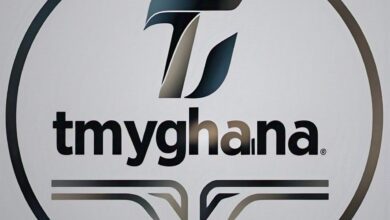Racially charged row between Musk and South Africa over Starlink


The tussle between Starlink boss Elon Musk and South Africa over the company’s failure to launch in the country stems from the nation’s black empowerment laws, and could be one factor behind the diplomatic row between the US and Africa’s most industrialised nation.
To his more than 219 million followers on his social media platform X, Mr Musk made the racially charged claim that his satellite internet service provider was “not allowed to operate in South Africa simply because I’m not black”.
But the Independent Communications Authority of South Africa (Icasa) – a regulatory body in the telecommunications and broadcasting sectors – told the BBC that Starlink had never submitted an application for a licence.
As for the foreign ministry, it said the company was welcome to operate in the country “provided there’s compliance with local laws”.
To operate in South Africa, Starlink needs to obtain network and service licences, which both require 30% ownership by historically disadvantaged groups.
This mainly refers to South Africa’s majority black population, which was shut out of the economy during the racist system of apartheid.
White-minority rule ended in 1994 after Nelson Mandela and his African National Congress (ANC) came to power.
Since then, the ANC has made “black empowerment” a central pillar of its economic policy in an attempt to tackle the racial injustices of the past.
This has included adopting legislation requiring investors to give local black firms a 30% stake in their businesses in South Africa.
Mr Musk – who was born in South Africa in 1971 before moving to Canada in the late 1980s and then to the US, where he became the world’s richest man – appears to see this as the main stumbling block for Starlink to operate in the country.
Starlink, in a written submission to Icasa, said the black empowerment provisions in legislation excluded “many” foreign satellite operators from the South African market, according to local news site TechCentral.
But foreign ministry spokesperson Clayson Monyela challenged this view in March, saying on X that more than 600 US companies, including computing giant Microsoft, were operating in South Africa in compliance with its laws – and “thriving”.
Are there attempts to end the impasse?
Mr Musk’s Starlink has a potential ally in South Africa’s Communications Minister Solly Malatsi.
He comes from the Democratic Alliance (DA) – the second-biggest party in South Africa – which joined a coalition government after the ANC failed to get a parliamentary majority in last year’s election.
The DA is a fierce critic of the current black empowerment laws, claiming they have fuelled cronyism and corruption with investors forced to link up with ANC-connected companies to operate in South Africa or to win state contracts.
Last October, Malatsi hinted that he was looking for a way to circumvent the 30% black equity requirement, saying he intended to issue a “policy direction” to Icasa with the aim of clarifying “the position on the recognition of equity equivalent programmes”.
In simple terms, Malatsi seemed to be suggesting that Starlink would not a require black business partner in South Africa, though it would have to invest in social programmes aimed at benefiting black people – especially the poor.
But some six months later, Malatsi has failed to change the policy, with a spokesperson for his department telling the BBC that their legal team was still looking into the matter.
It seems the communications minister may be facing political resistance from ANC lawmakers in parliament.
Khusela Diko, the chairperson of the parliamentary communications committee to which Malatsi is accountable, warned him earlier this month that “transformation” in the tech sector was non-negotiable, appearing to oppose giving Mr Musk’s Starlink any special treatment.
Diko said that “the law is clear on compliance” and, crucially added, that “cutting corners and circumvention is not an option – least of all to appease business interests”.
Diko’s tough position comes as no surprise, as relations between the South African government and the US have hit rock bottom during US President Donald Tump’s second term.




